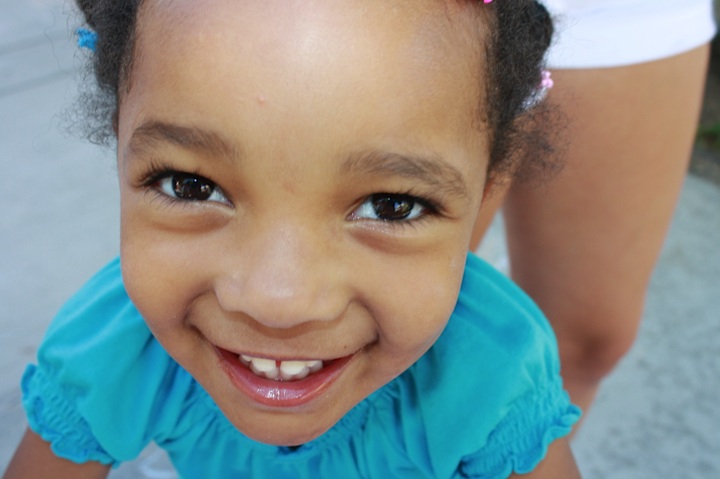
After living in a city shelter for two months with their three year old daughter, the Rodriguez Family (names and photos changed to protect identity and privacy of family) moved into Garden Park Apartments (GPA) just before the holidays. Both parents struggle with mental health challenges: Josephina with depression and Edgar with a history of Post Traumatic Stress Disorder (PTSD).
“Mental health challenges are common for families moving into GPA” according to Sara Marsh, PhD, Director of Supportive Services, “The majority of GPA parents have mental health conditions that make the task of settling into their new home more difficult. As you might imagine, living in cars, shelters, and transitional housing is very stressful for both parents and children. While homeless, they are often exposed to community and domestic violence. Just the stress of not knowing where they are going to sleep for the night or how they are going to live can be too much to handle.”
Hope Solutions is unique in having licensed mental health clinicians available to support and counsel families five days a week at Garden Park Apartments. Edgar and Josephina have relied heavily on these resources during their transition. With their mental health challenges, they found day-to-day basic living to be difficult: feeding, clothing, and caring for their three year old child while also struggling with the very complicated process of transferring benefits, looking for work, and adjusting to a new community. For homeless families, a lack of basic living resources including food is cause for great distress.
Quick to notice the challenges and offer assistance, clinical case managers at Garden Park continue to work closely with the Rodriguez Family to ensure their basic needs are met and guide them to becoming independent and self-sufficient. Dr. Sara Marsh explains, “We strive to be compassionate and responsive to their challenges. Our goal is to teach them to be self-reliant in order to live productive, healthy lives.”
They now have access to critical resources many of us take for granted, such as food, housing, and diapers. Edgar is actively looking for work and Josephina is settling into the community and learning to become an active, caring mother with the help of parenting classes. They Rodriguez family is hopeful about their future.
Did you know: Homelessness and mental health oftentimes have a direct correlation. According to HUD, on any given night in 2012, nearly 40 percent of the homeless population had serious mental illness or conditions related to chronic substance abuse. People living in shelters are also twice as likely to have a disability. Providing mental health services is critical and central to stabilizing many residents and families at Hope Solutions.
